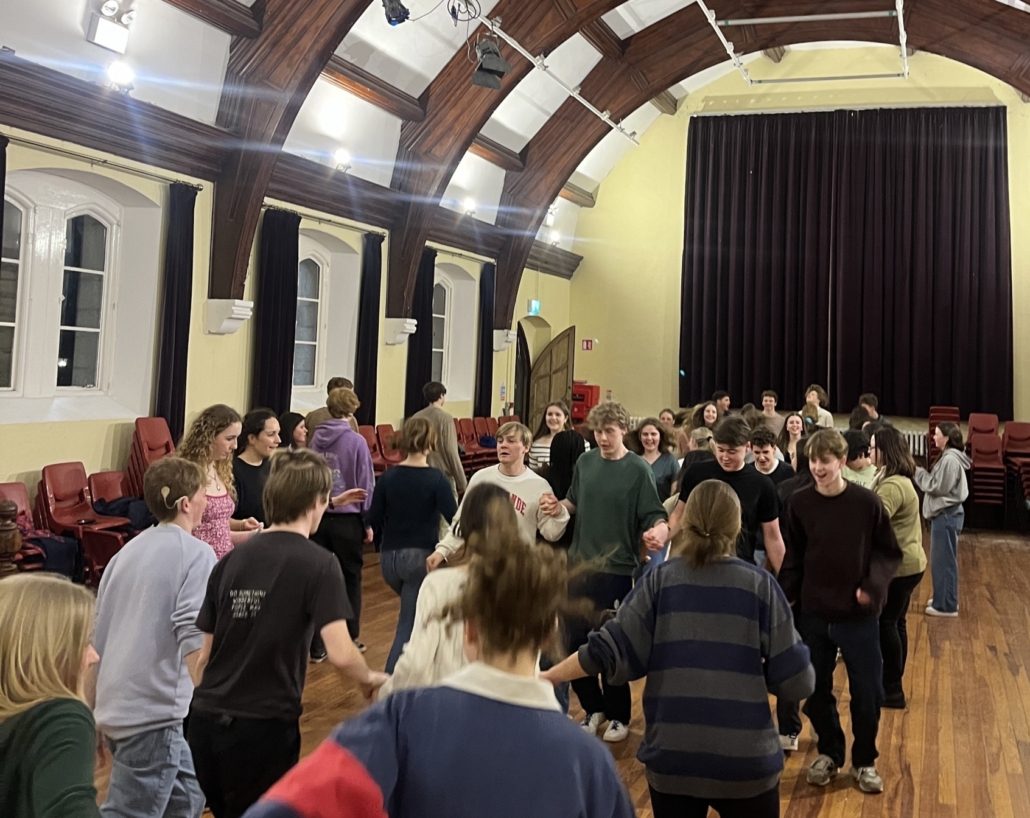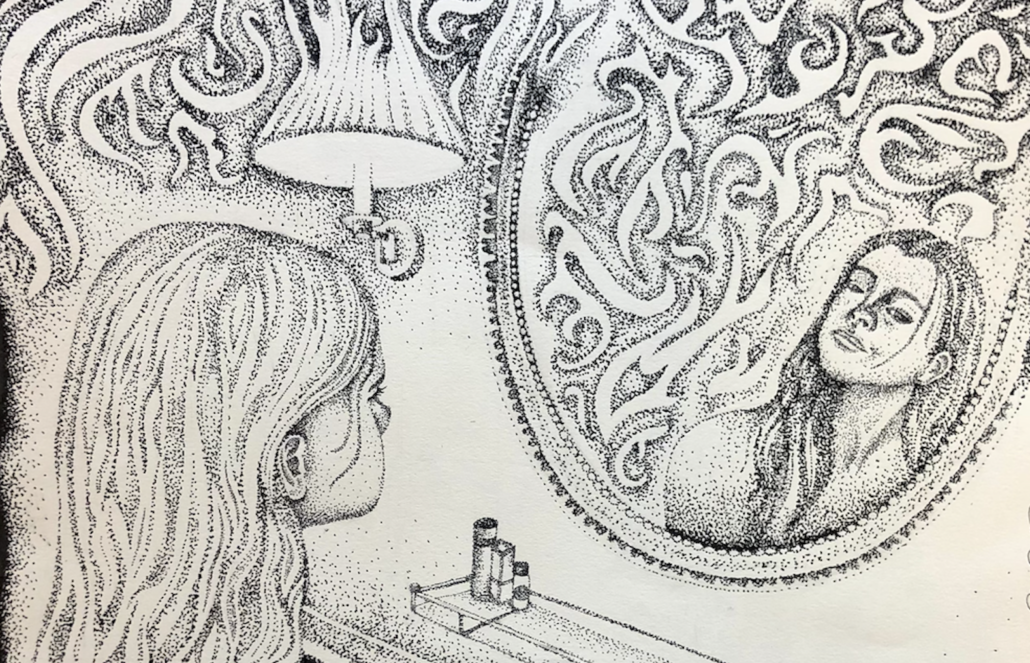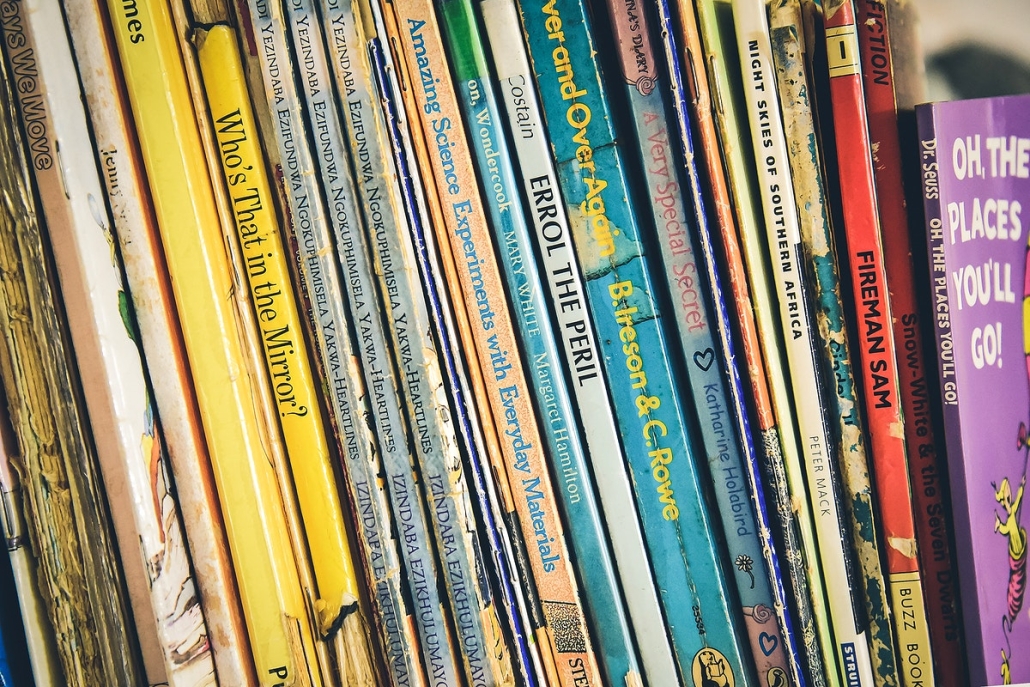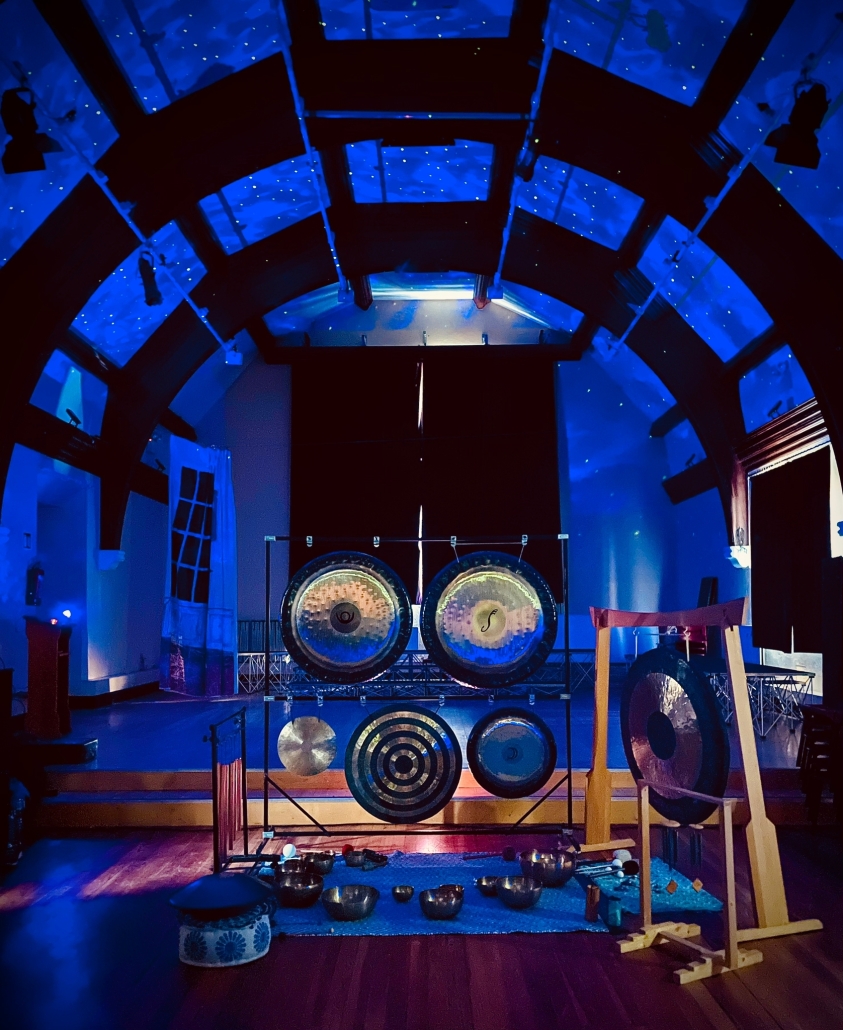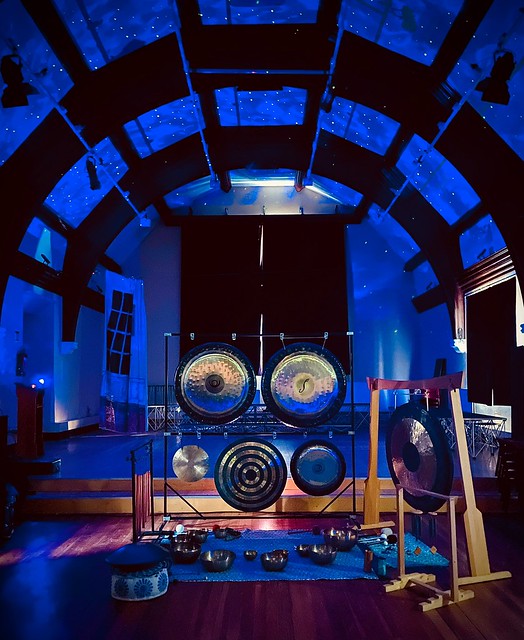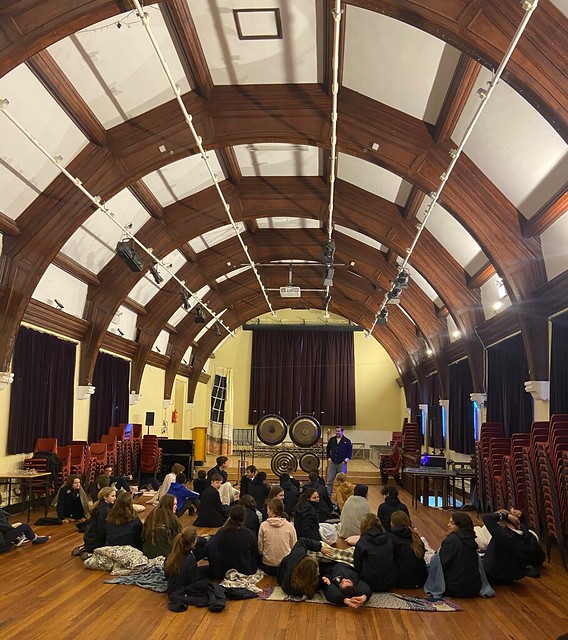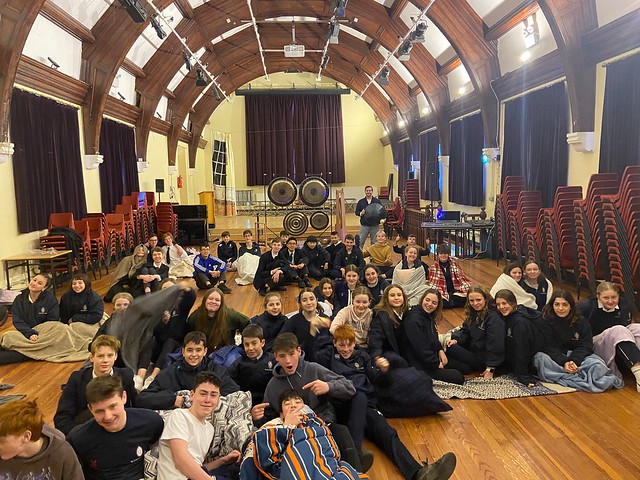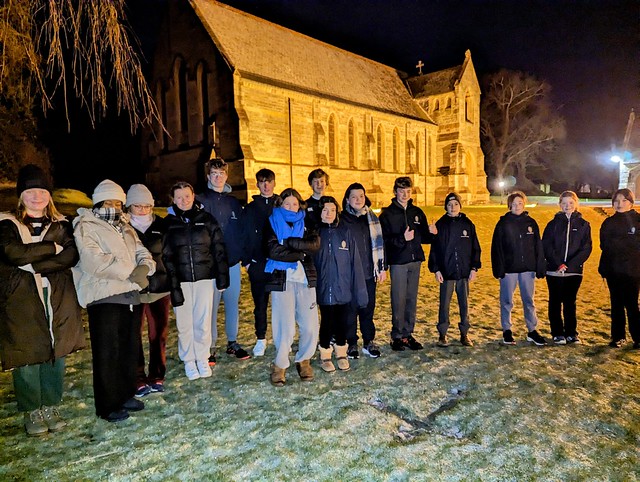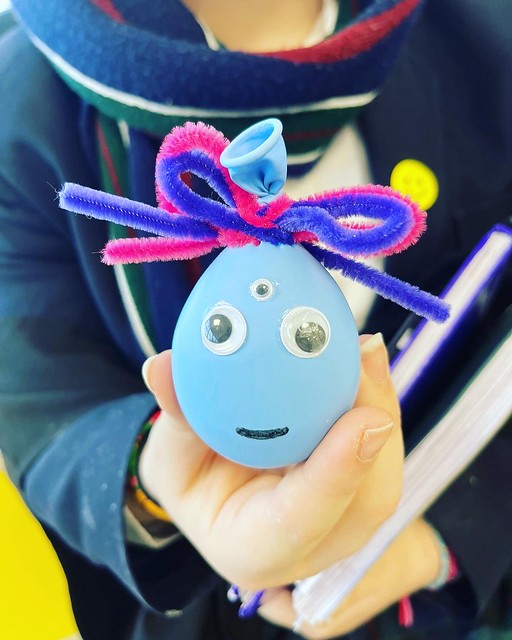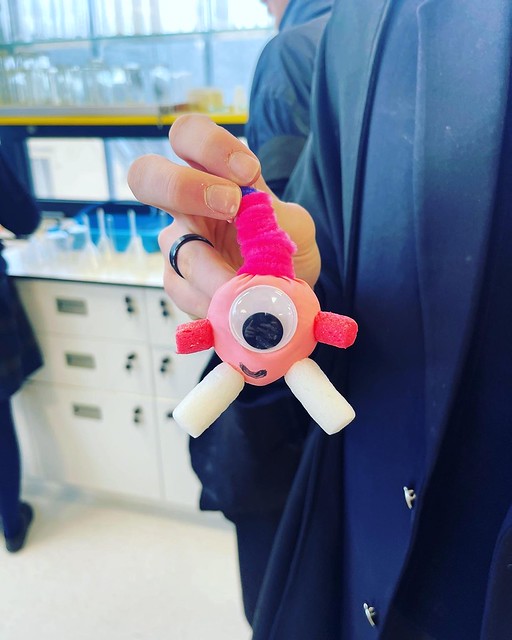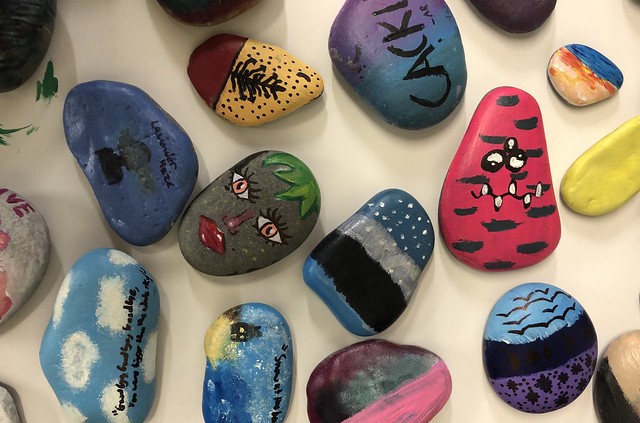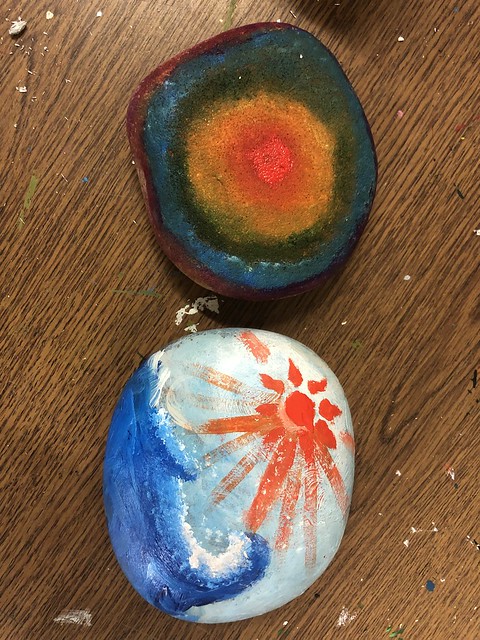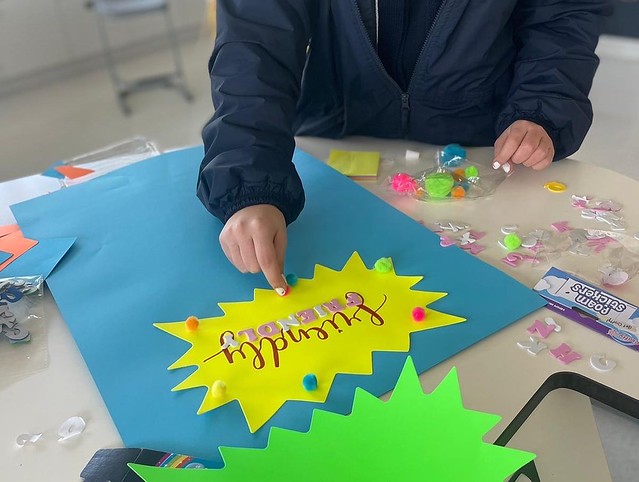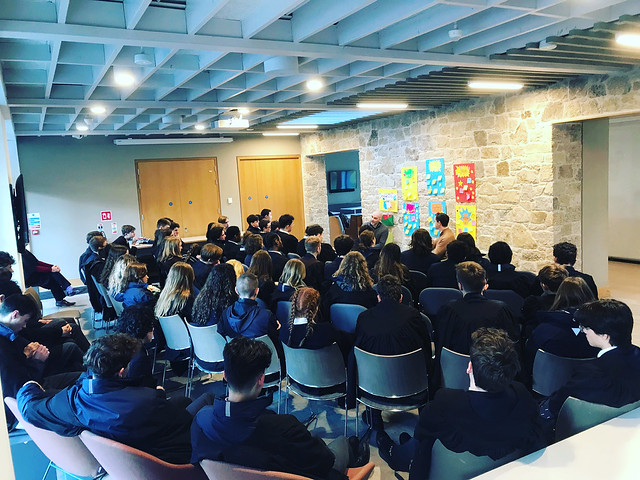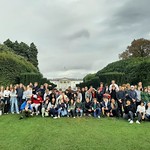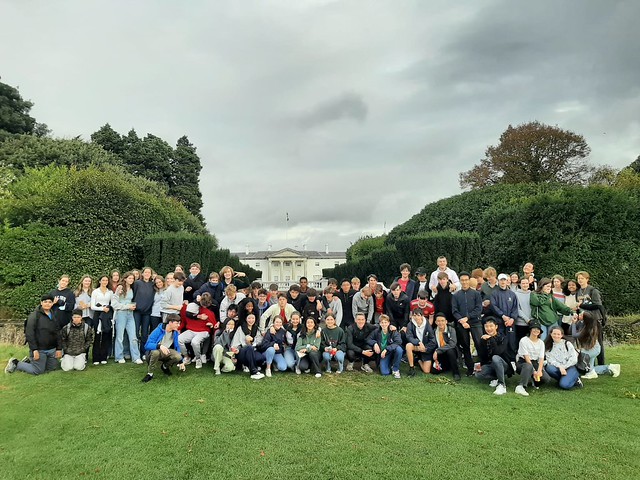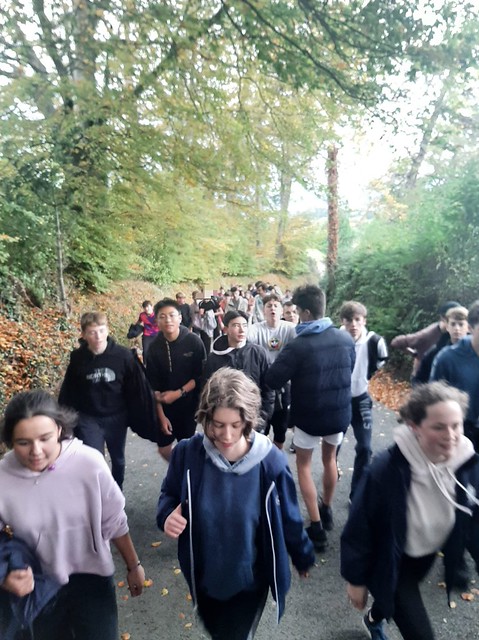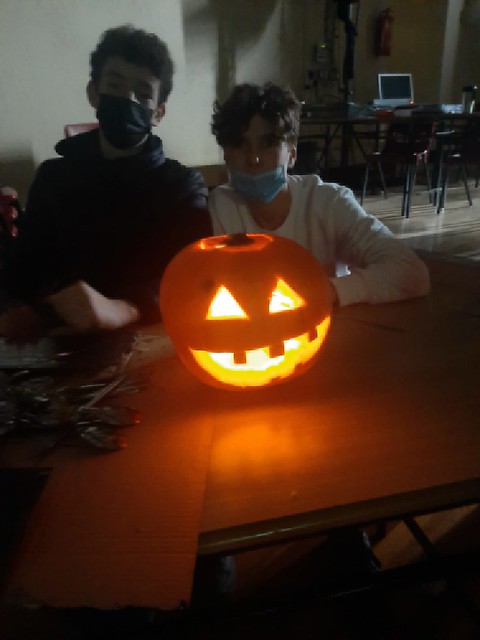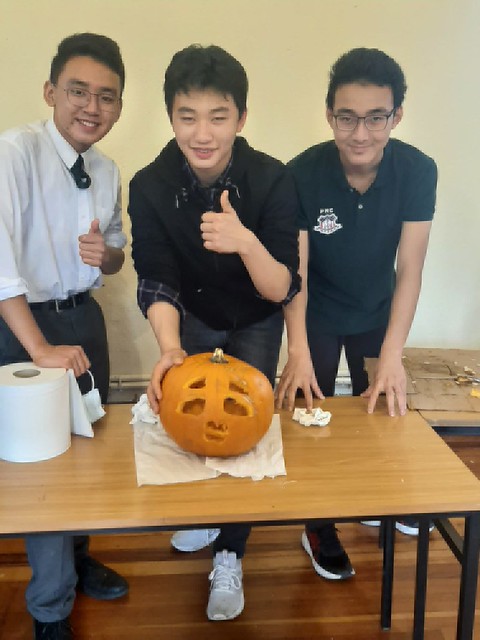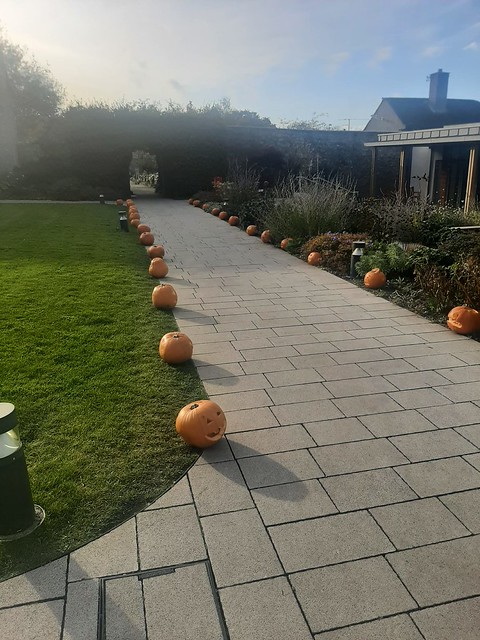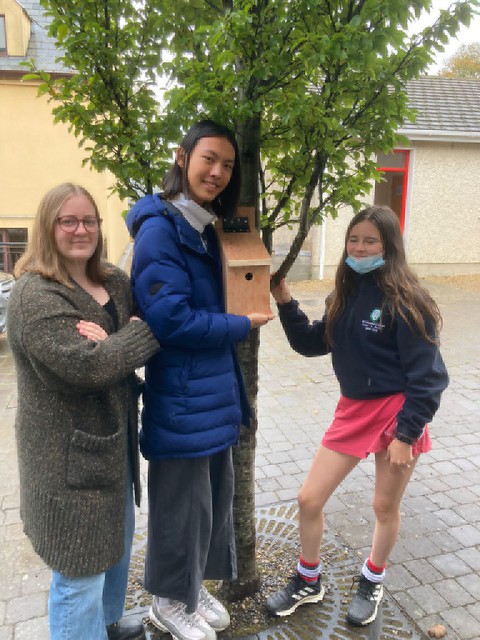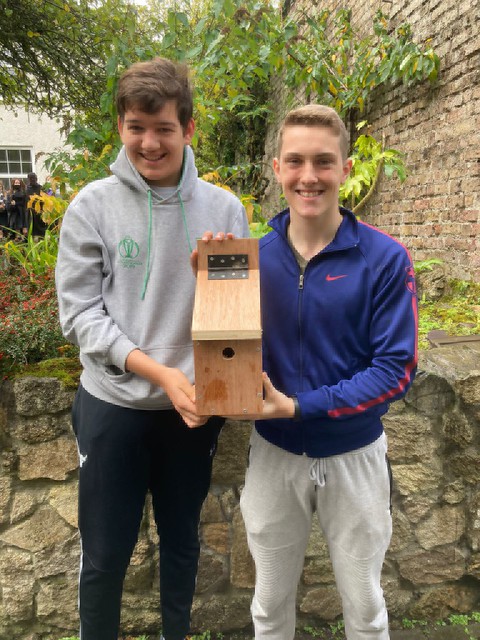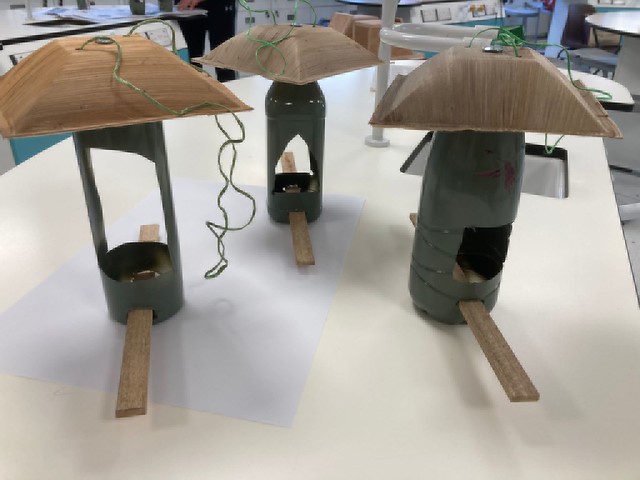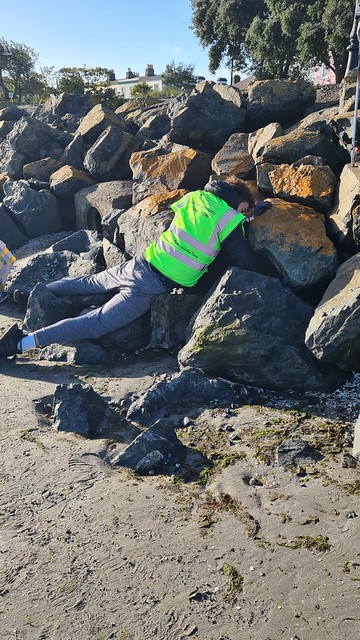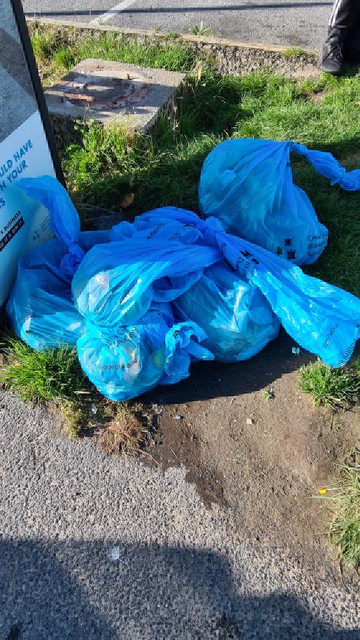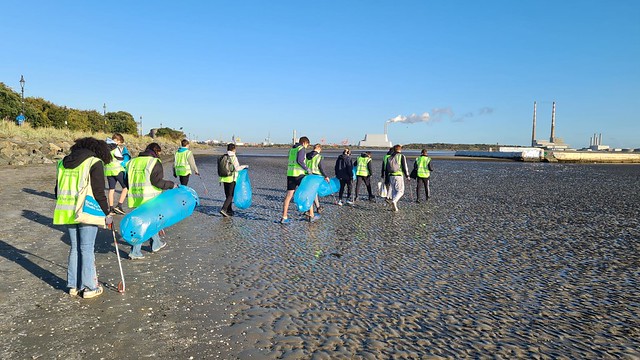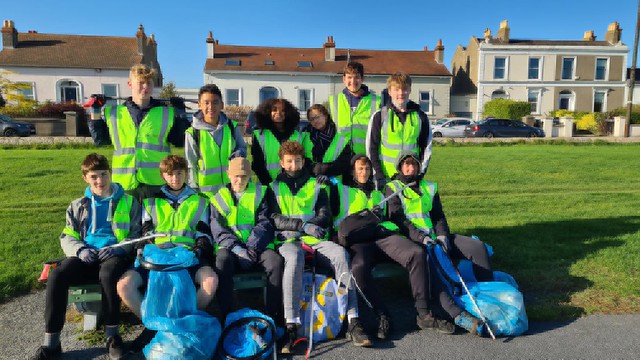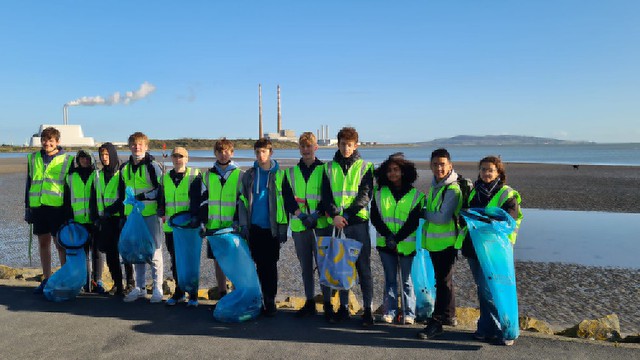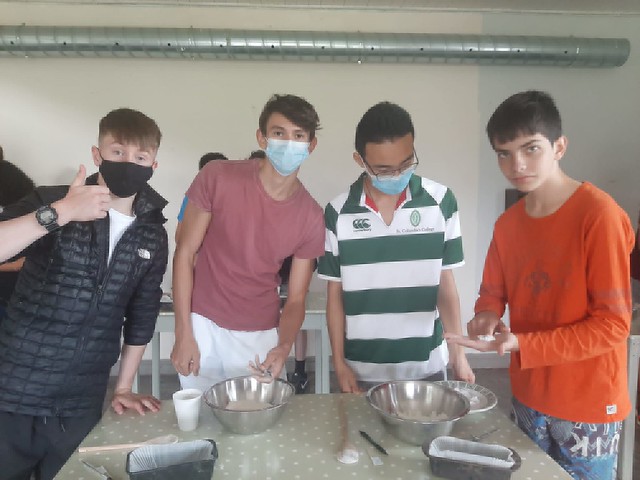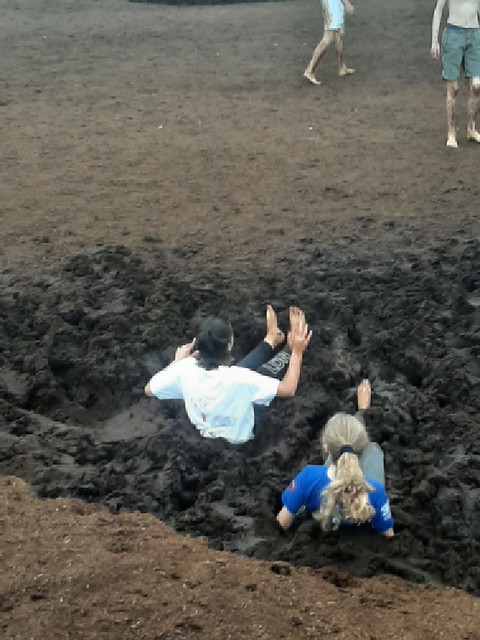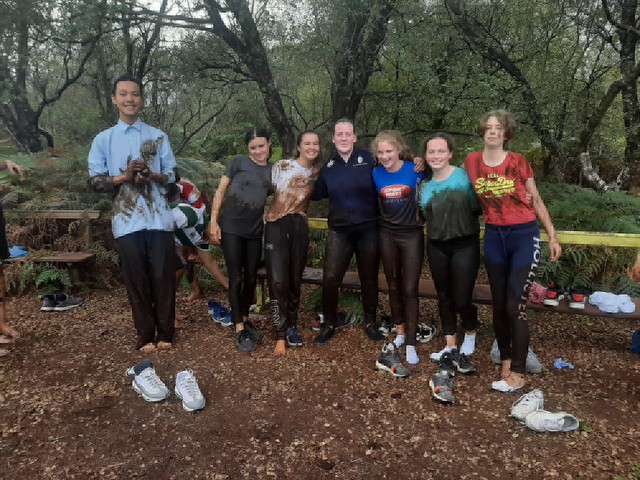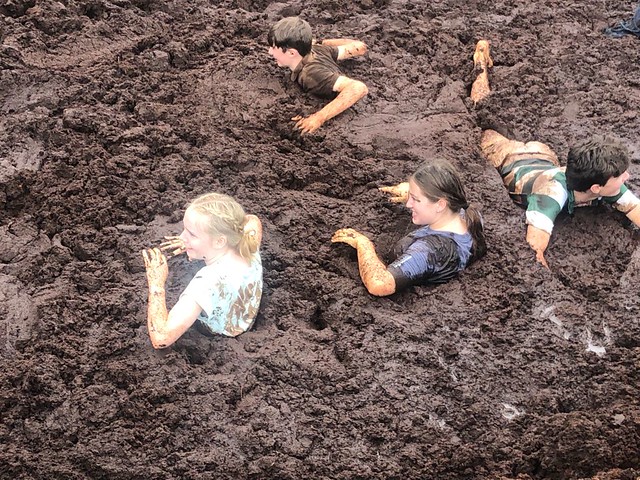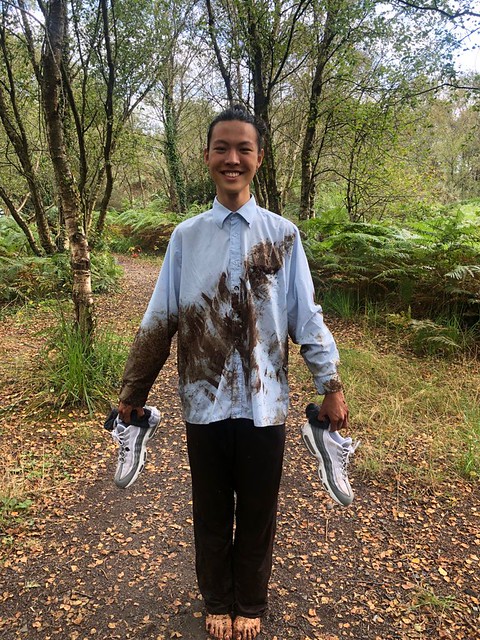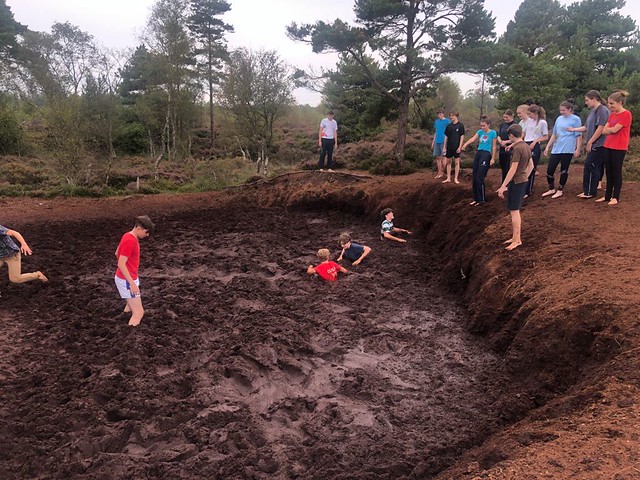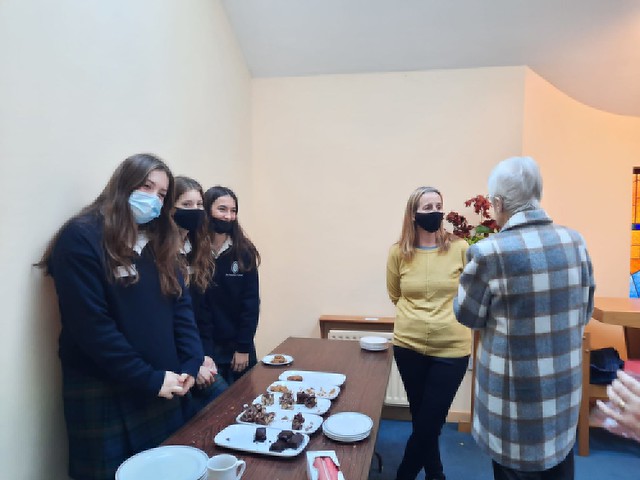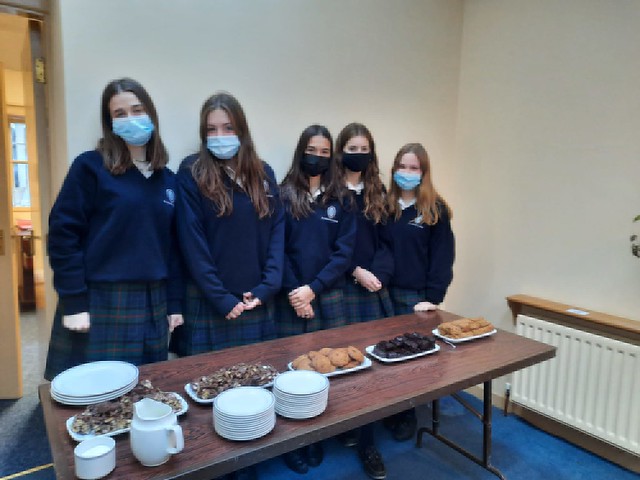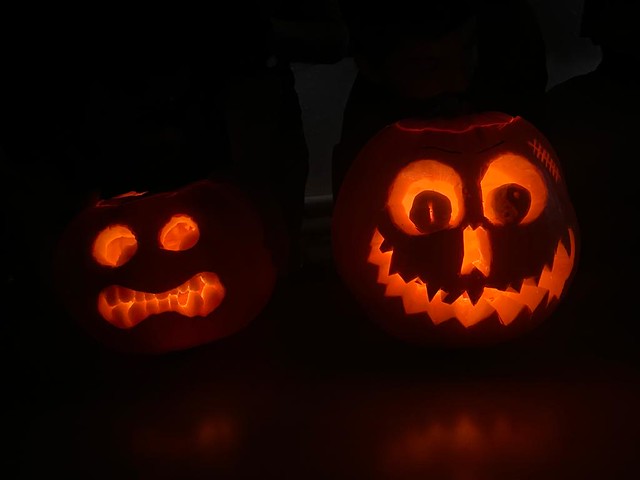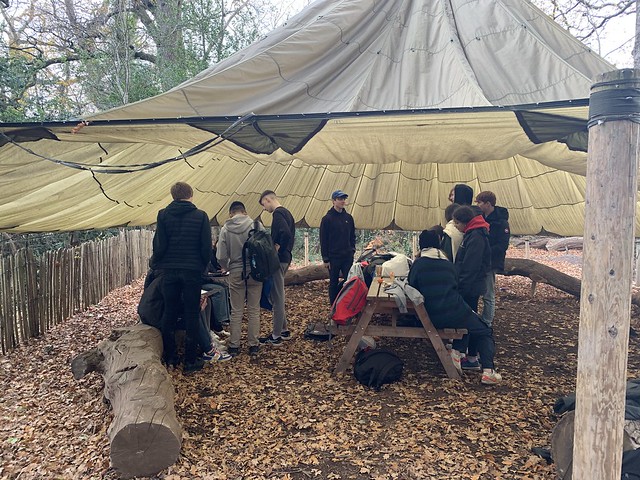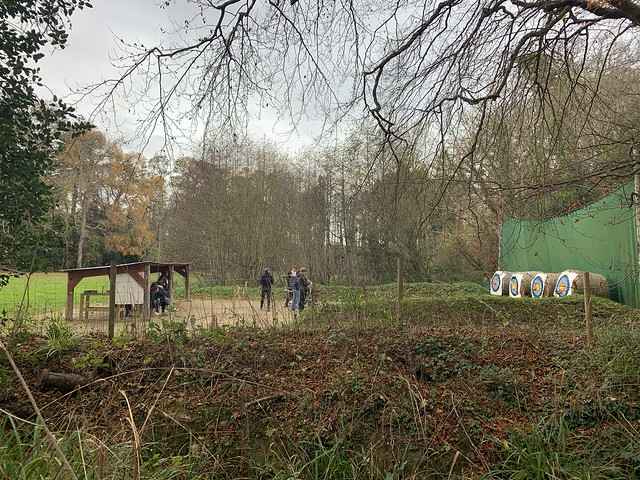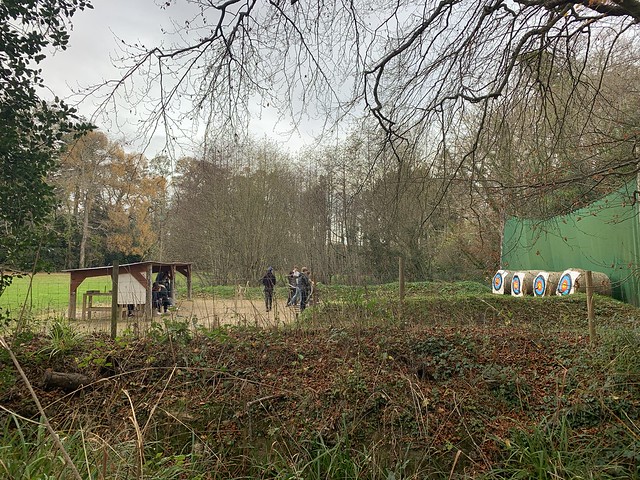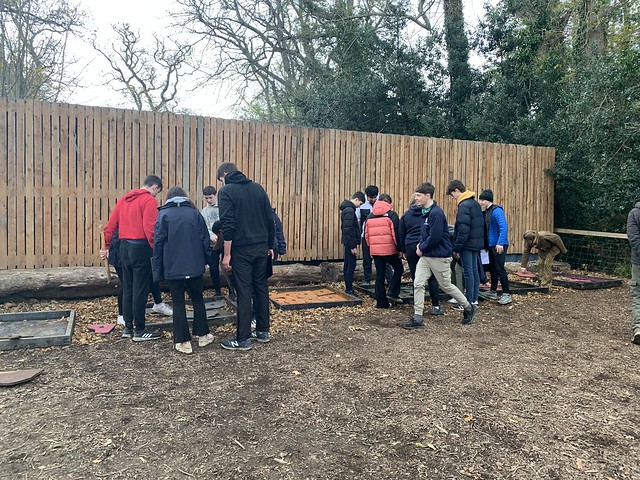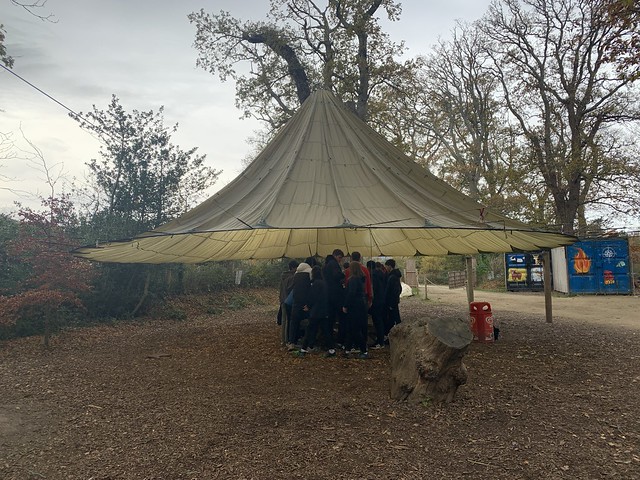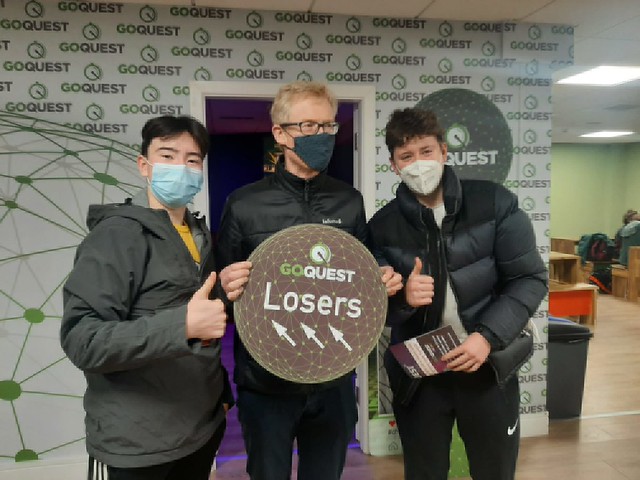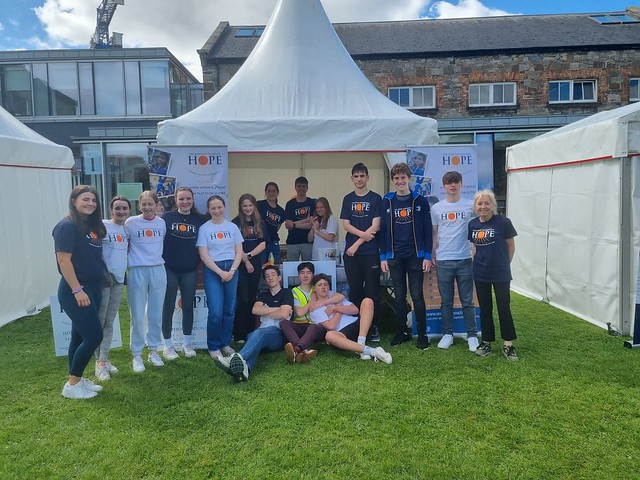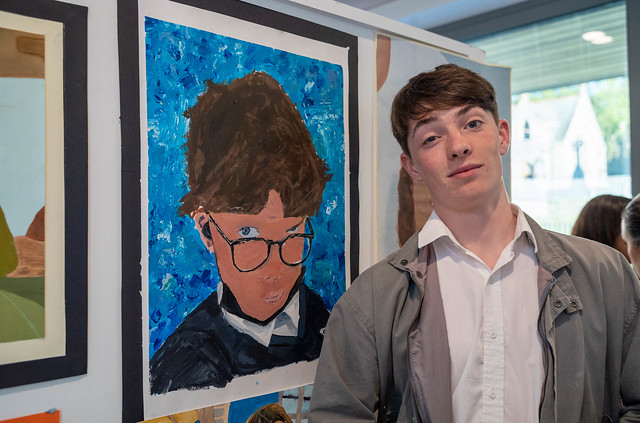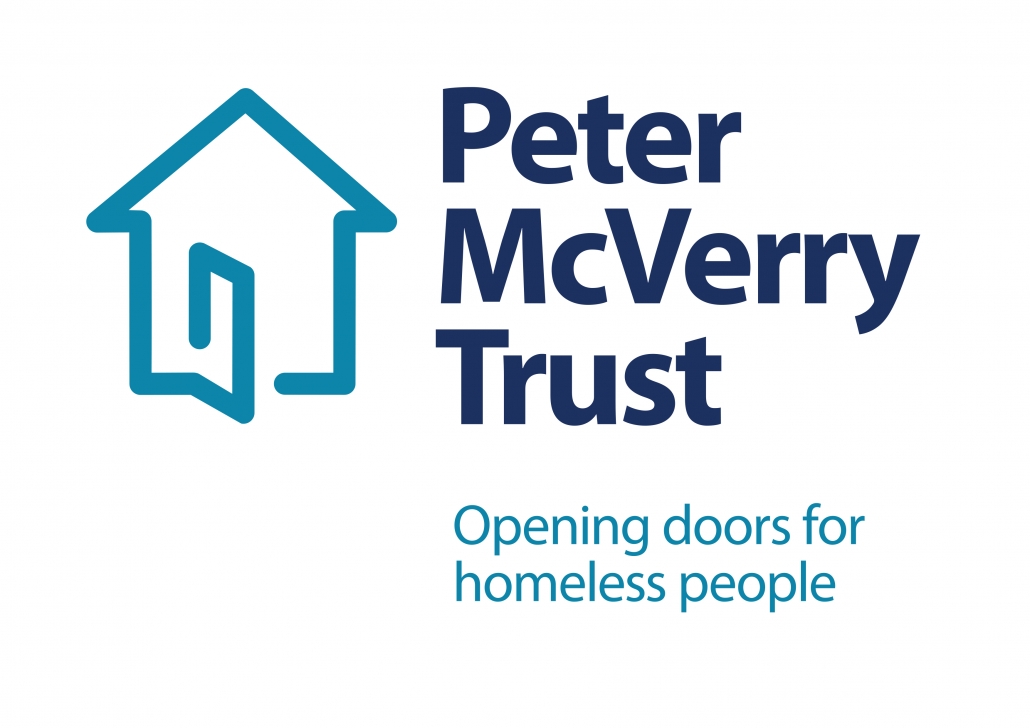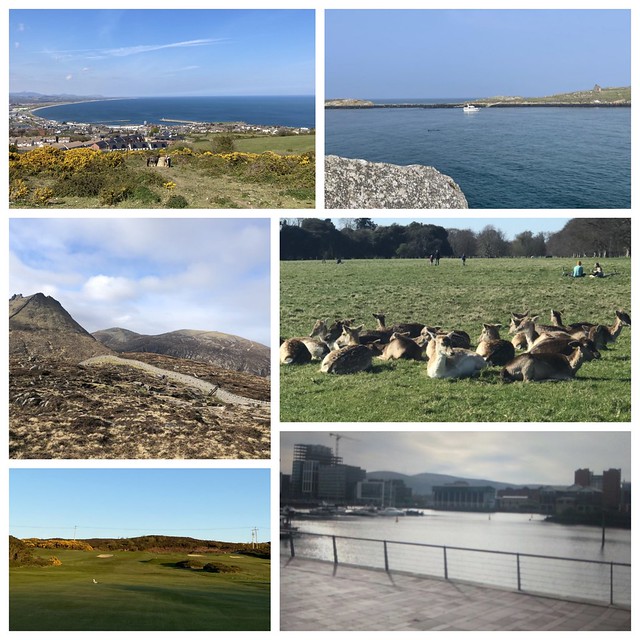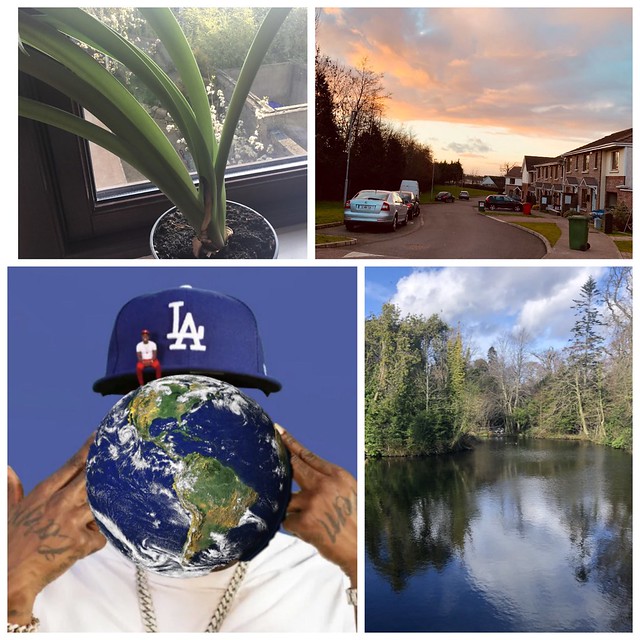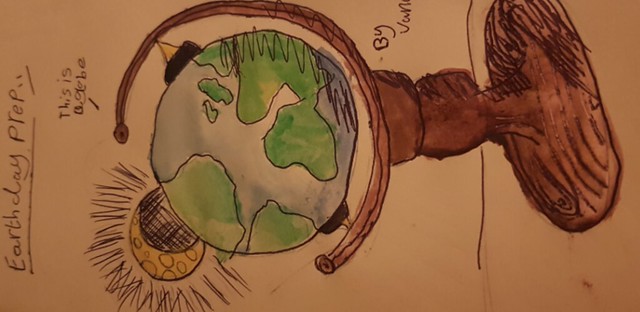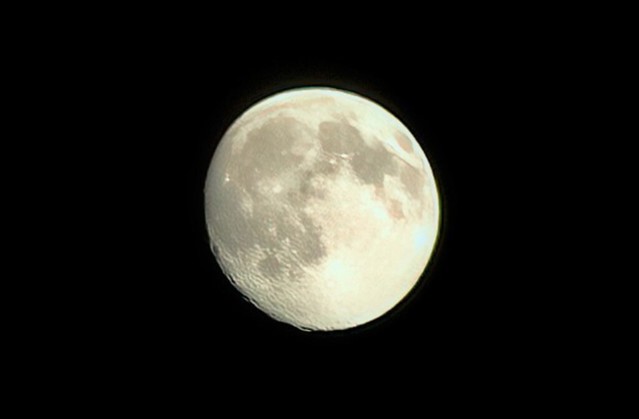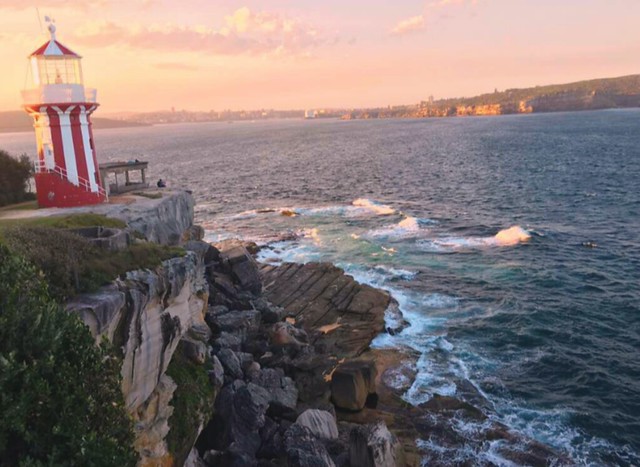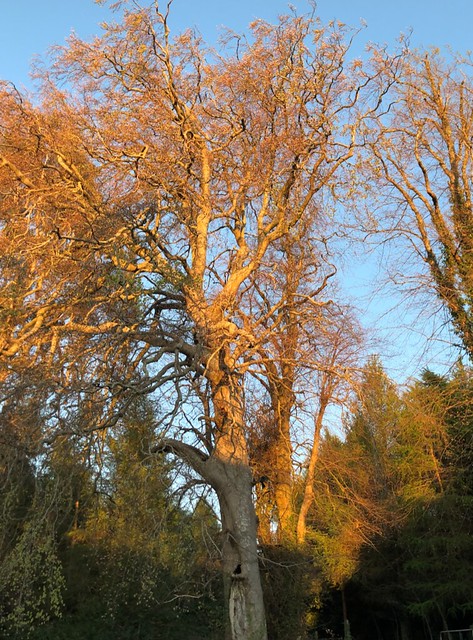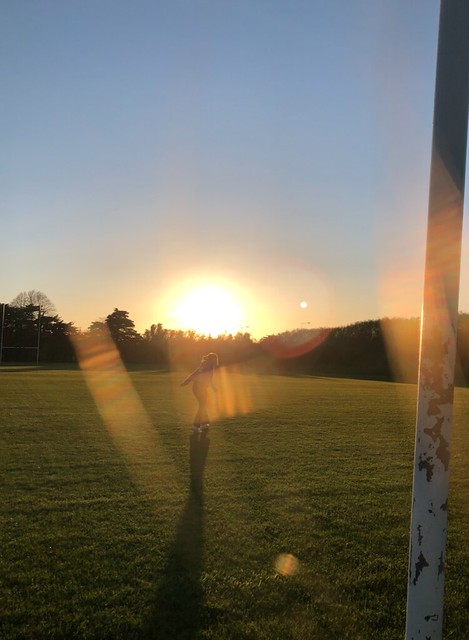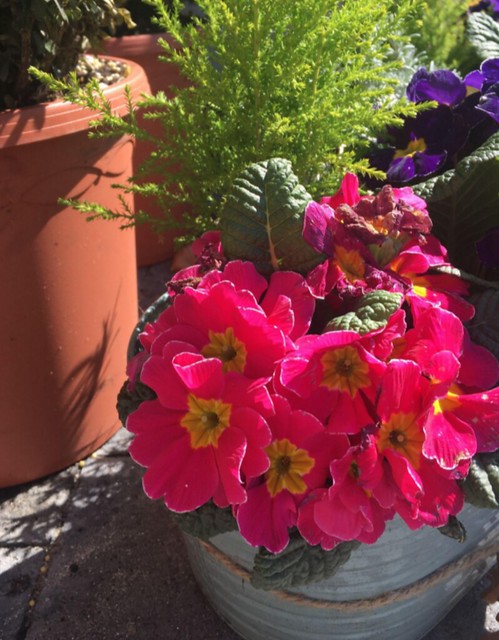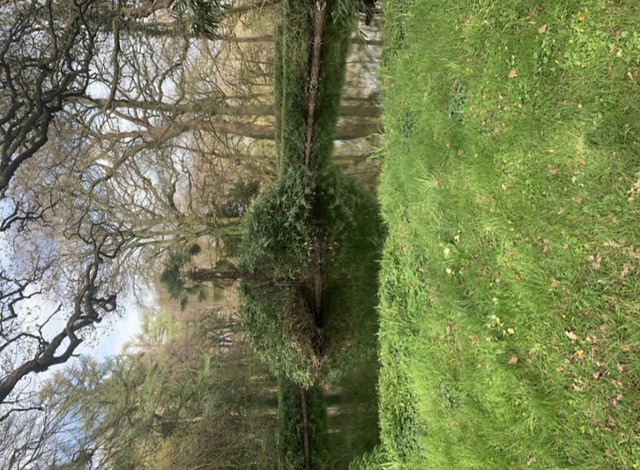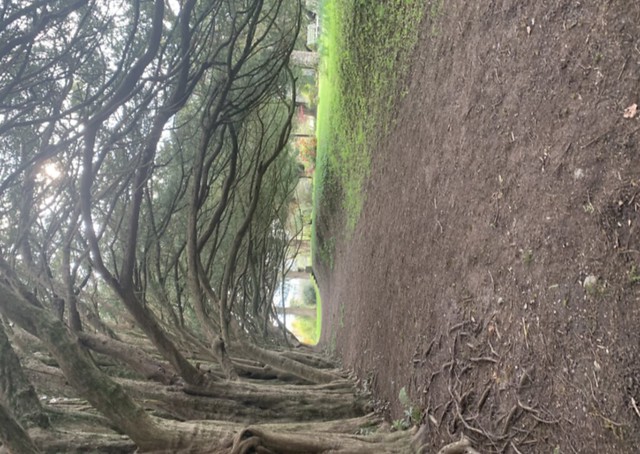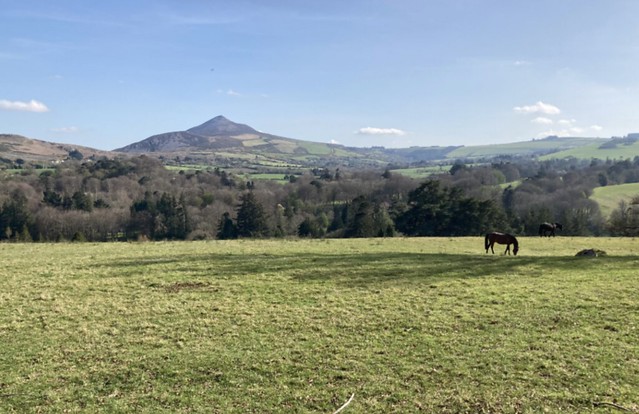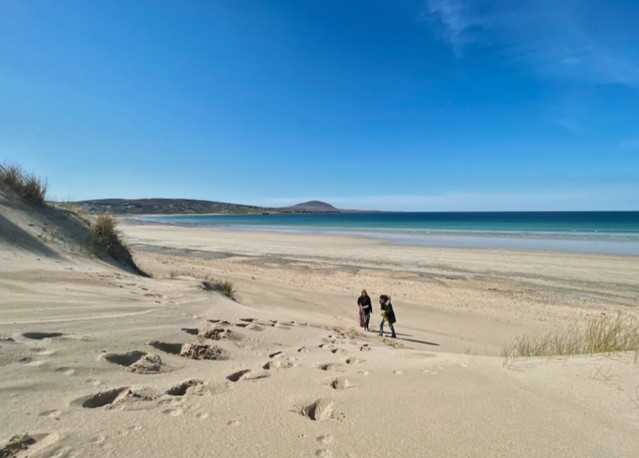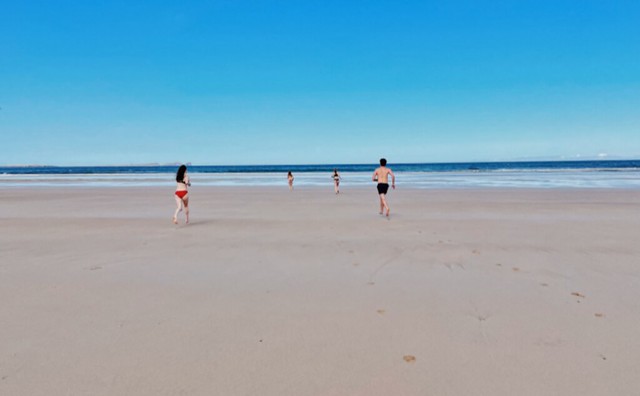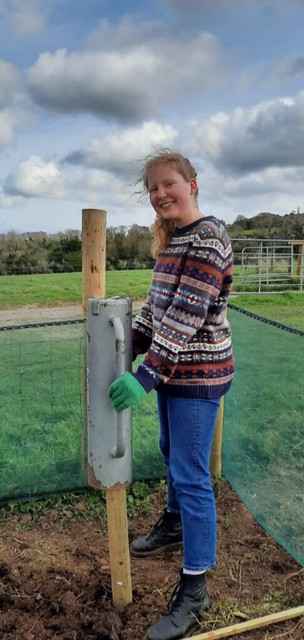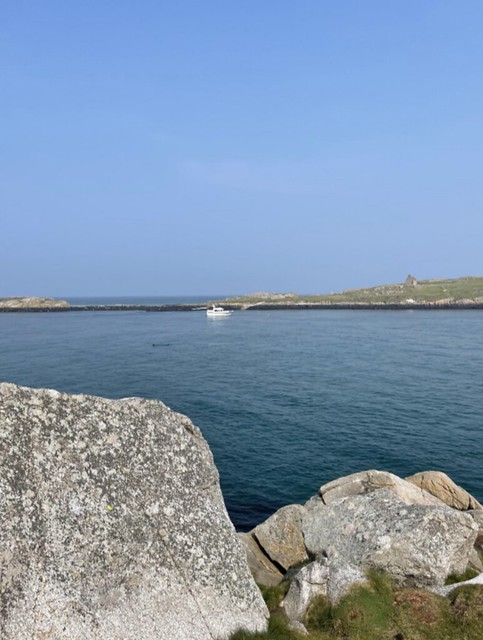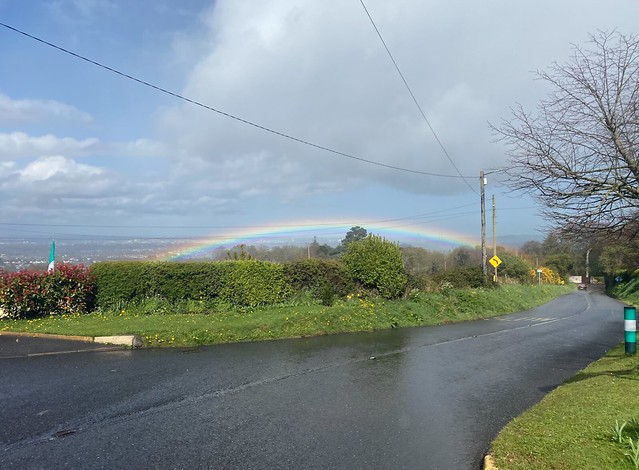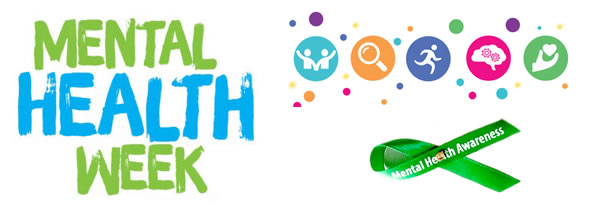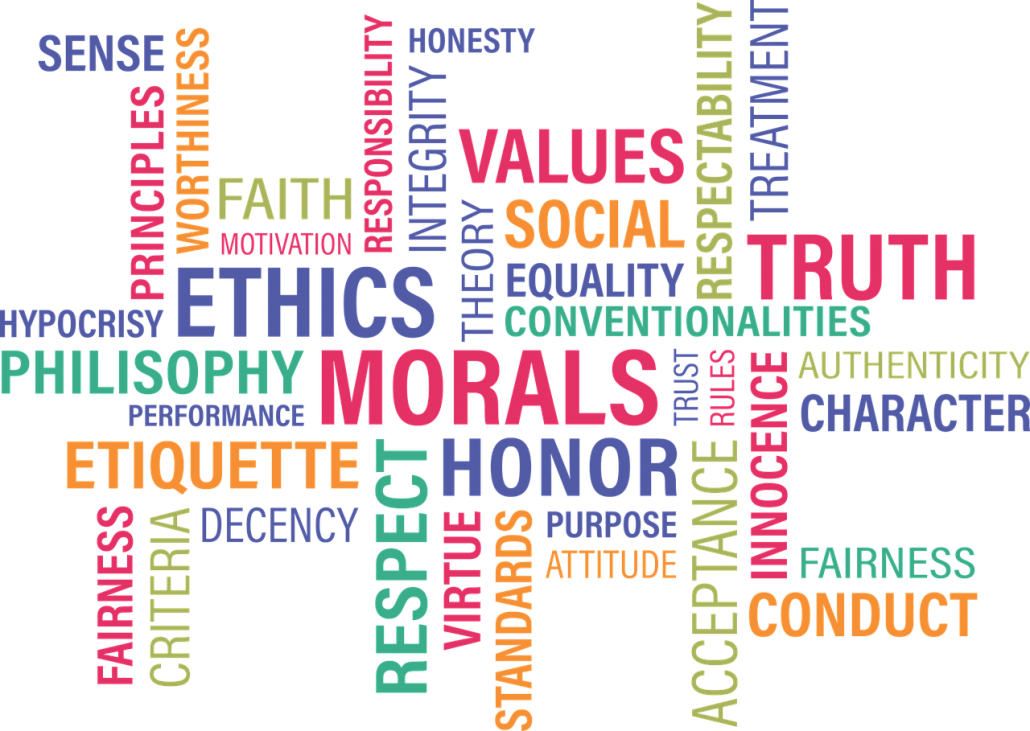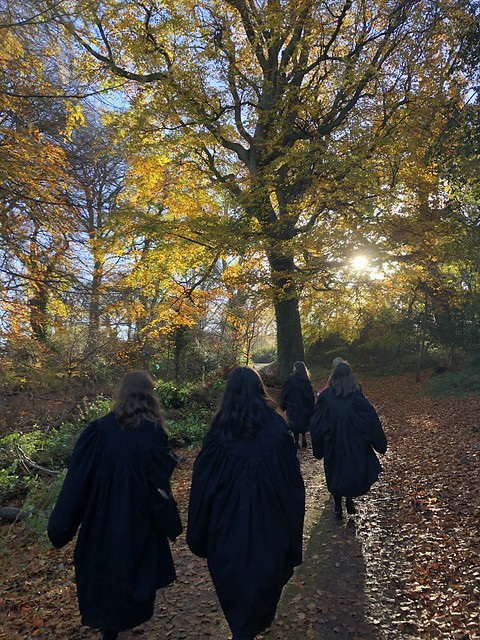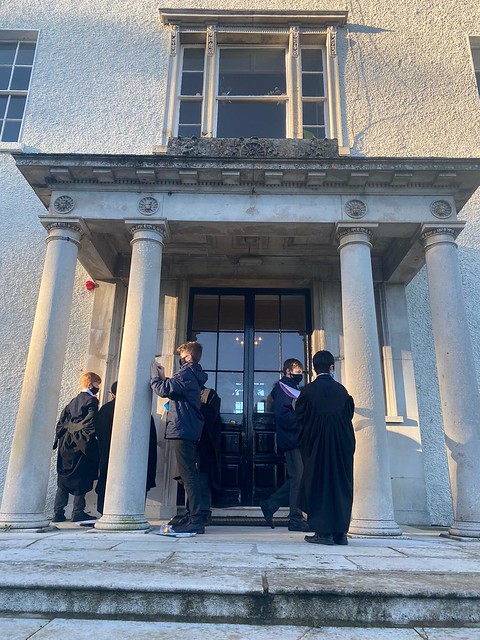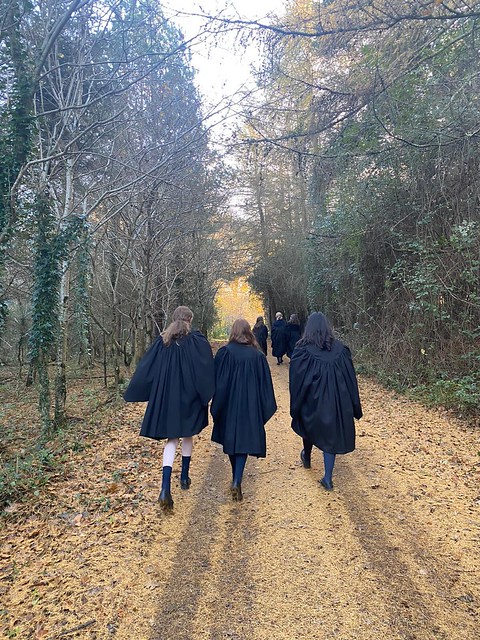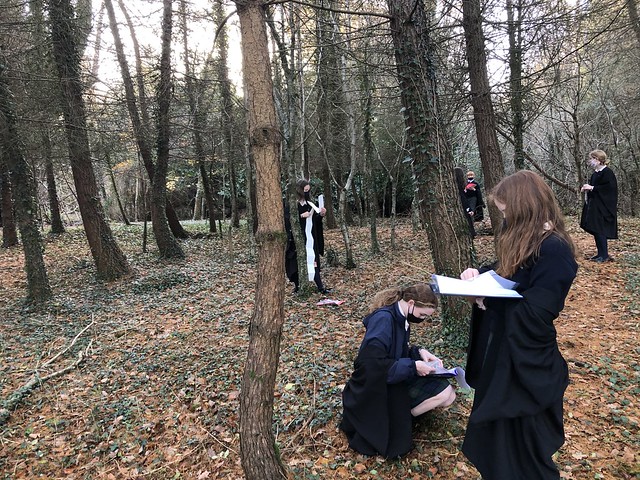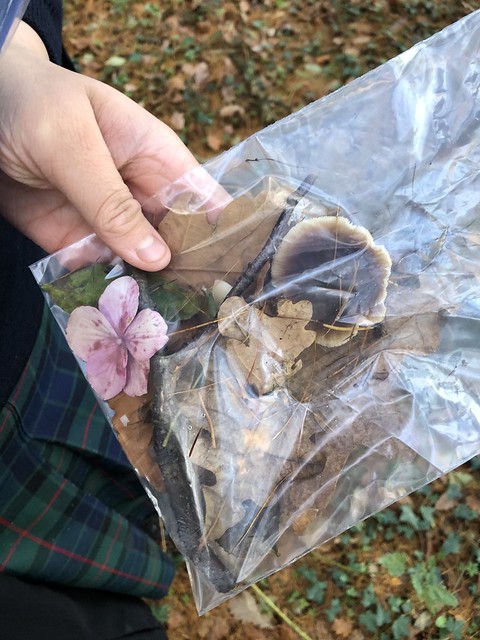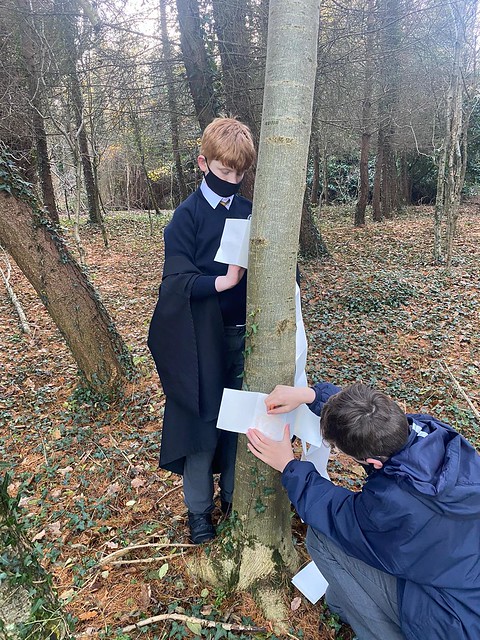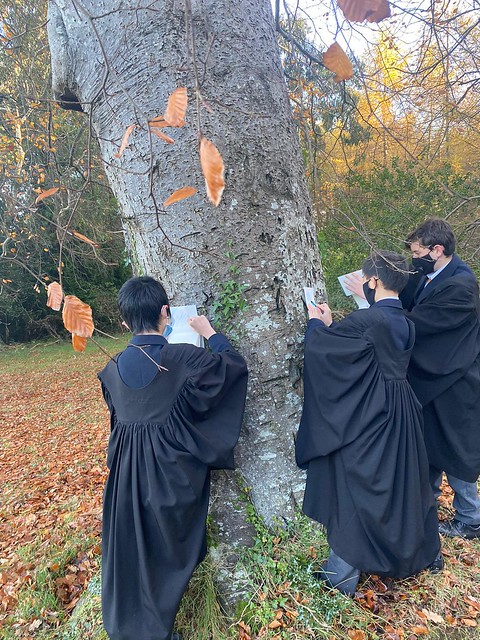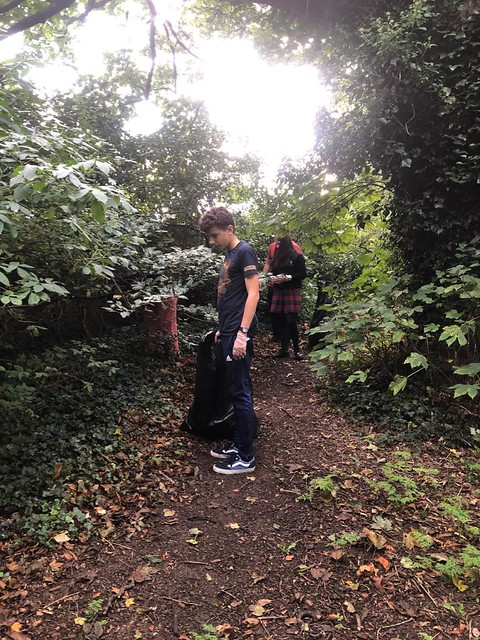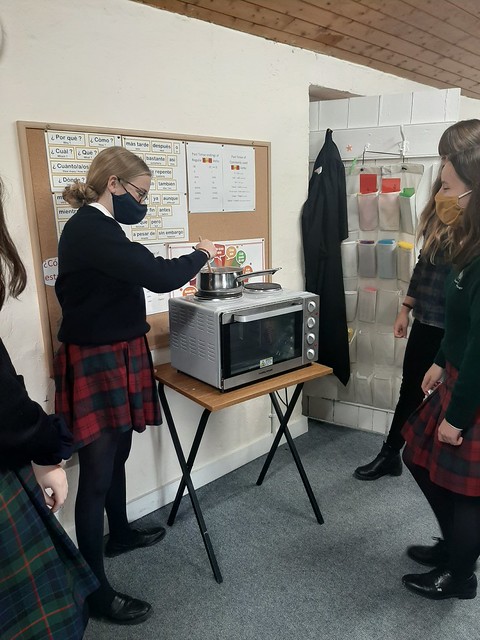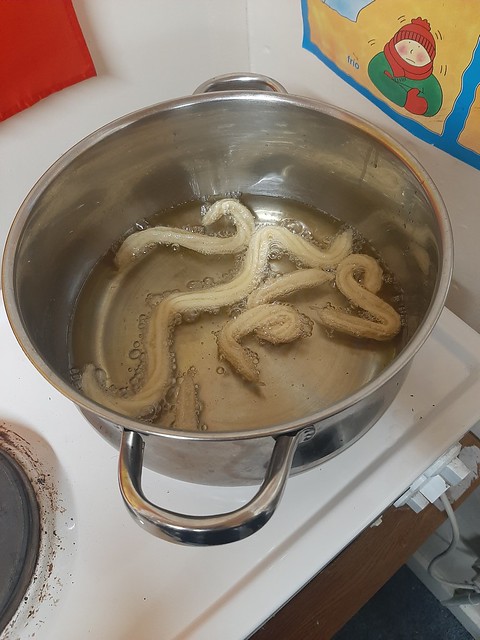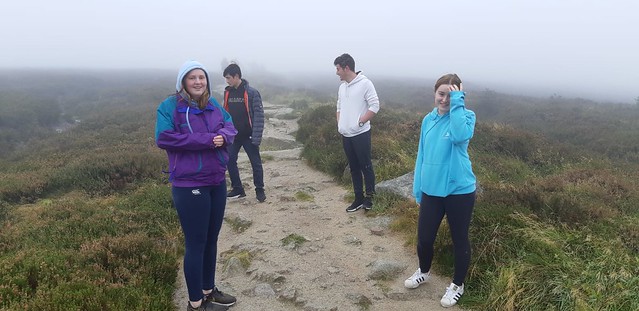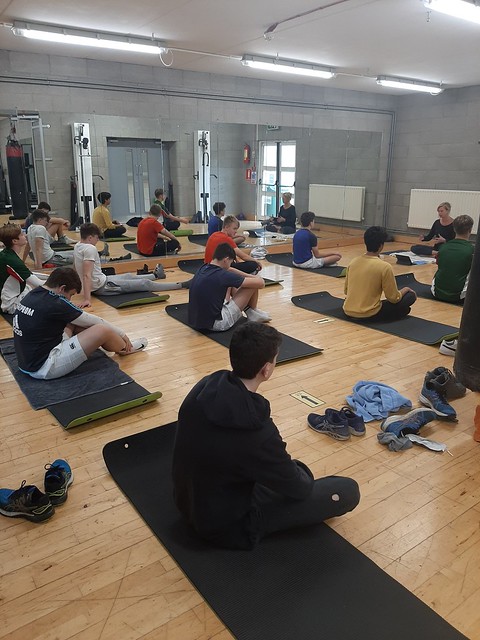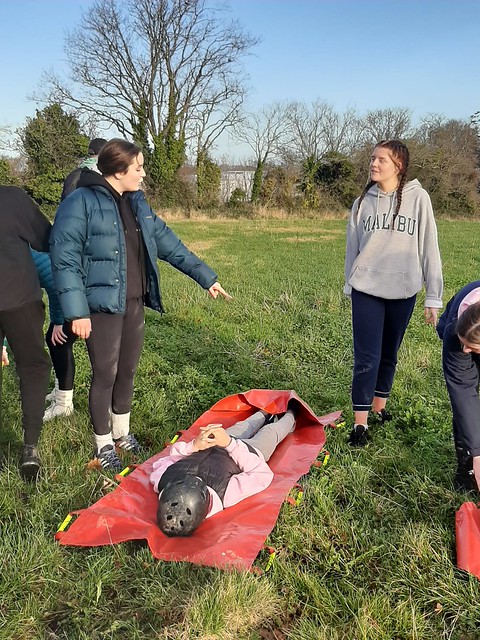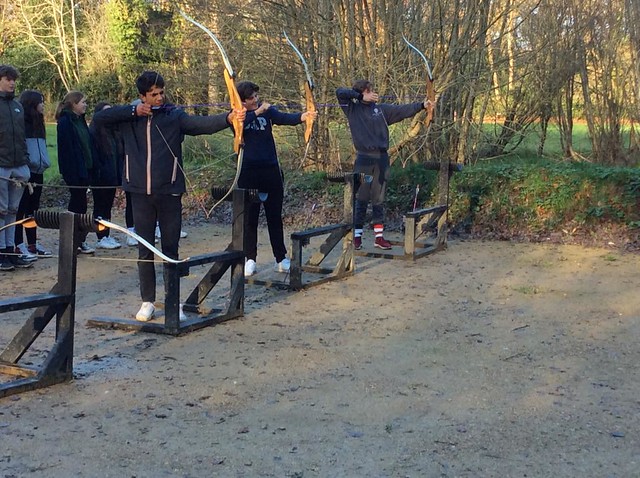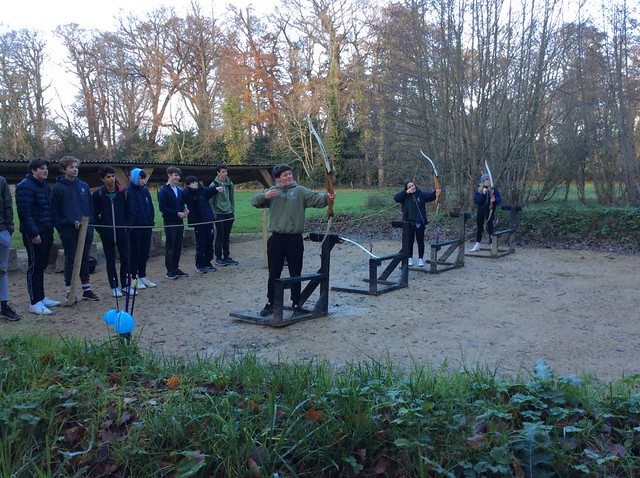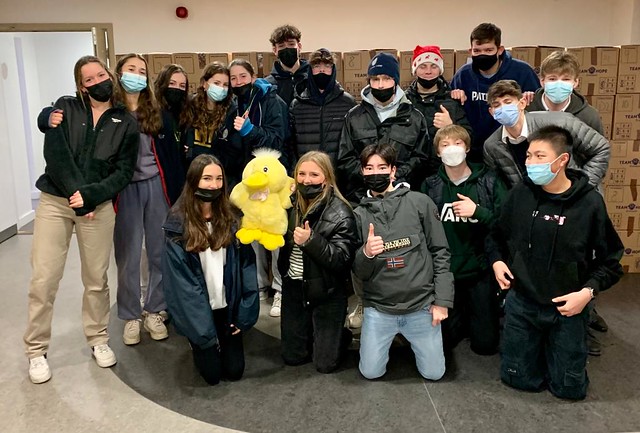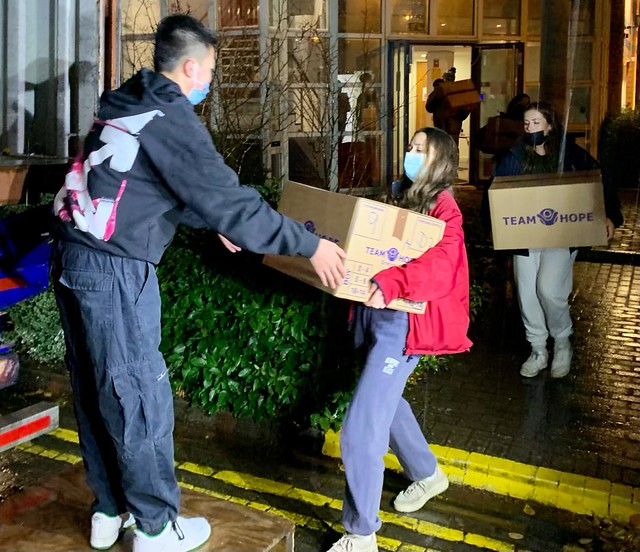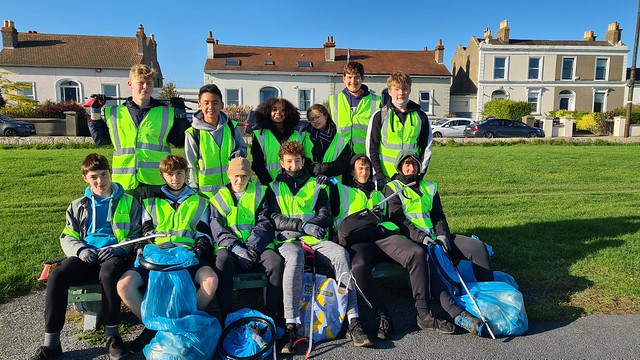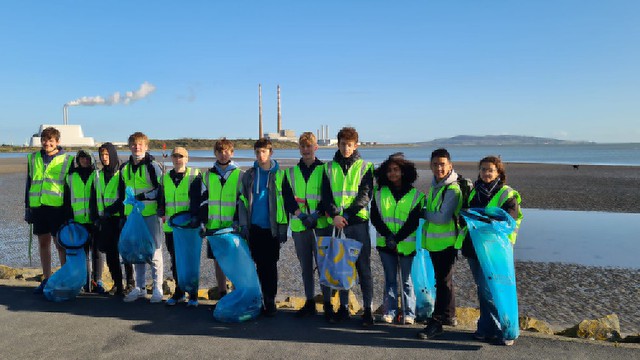We are living in an increasingly divided world. These divisions, which have always existed, are being exacerbated by the Twitter world that we now inhabit, to such an extent that civilised debate and respectful disagreement are now a rarity. Cowards, who would not enter a serious forum where they might have to listen to opposing opinions, stand anonymously in the shadows and whip up hate and resentment. At the same time faceless bots – so I am led to believe – are collecting our data from social media platforms and plying us with the news that we want to hear. Whatever your political or world view might be, you are being bombarded with rhetoric and news feeds that reinforce your suspicions and increase the gulf between you and those who may have the temerity to hold a different opinion.
In July we were staying with friends near Boston, Massachusetts and their oldest daughter was very keen to go to a campaign rally for one of the many potential Democrat candidates for the presidential race in 2020. The candidate was Kamala Harris, a lady of African American background and the Attorney General of California. She came across very well indeed and I enjoyed the experience of seeing the process at work to select the challenger to the current president. However, there was no disguising the immense divisions in US politics and it was not easy to see how that chasm could be bridged.
If I look across the Irish Sea I am dismayed by the increasingly extreme positions held by politicians on both sides…goodness only knows how that is going to turn out…while in many countries across the world you see more and more populist leaders, often preying on the prejudices of people in order to create a climate of fear against immigrants or foreigners. I experienced something similar living and working in South Africa, where occasionally shops and businesses of foreign nationals were attacked because they were ‘taking our jobs.’ On one occasion two people were killed in the local community, one of whom was a baker. A few days later I was told that the locals were complaining that there was a lack of bread. It is happening again now. Last week a girl from Zimbabwe, whom my wife and I are putting through university, told me that she could not travel back to South Africa because things were too dangerous for foreigners. Desperate and perhaps worrying times.
I am not really a party political animal and I am not trying to cast blame on left or right, liberal or conservative, East or West. But I was brought up to believe that fear and hatred were usually the product of ignorance. In other words, if I don’t know someone personally it is much easier to hate them or to give credence to the fearmongers. People like to cling on to their prejudices, but if I take the trouble to get to know people who are different from me I will find that they are mostly ordinary, decent people and that they may have good reason for their opinions. I am not suggesting that disagreements will vanish, but the violent rhetoric and the insanity of social media is currently driving us further apart and there has to be another way.
I remember in South Africa inviting some groups of staff to dinner, both black and white, we made sure there was a mix. We thought it was a fairly normal thing to do and it went well. But I was told subsequently by both a black and a white colleague, both in their 40’s and 50’s, that it was the first time that they had ever sat round a dinner table with a person of a different colour.
St. Paul says in one of his letters that in Christ there is neither male nor female, slave nor free, Jew nor Gentile. Those distinctions should mean nothing. 2000 years later we seem to have learned very little. People still seek to divide each other by means of religion, gender, race. I follow premier league football closely and just this new football season a number of black footballers, who have made errors in matches, have been subject to racist abuse on social media by anonymous trolls. Outrageous! Shockingly, anti-semitism is on the rise again across Europe and America. We seem to be regressing and going back to an era of intolerance and hatred. It is disheartening, but it is not good enough stand on the sidelines and shake our heads without doing anything about it.
Which brings me to St. Columba’s College. We cannot change the entire world overnight, but within our own community we have the ability to do things differently and be a model for others to copy. We need not follow the standards of the world but we must set our own standards, which are actually the standards of the New Testament, modelled by Jesus in the way that he treated people whatever their class, nation or gender. We are an international community, with many different languages and racial profiles, and inevitably there will be pupils here with different politics, different stances on social matters, different religious beliefs. Yet, we can learn to appreciate those around us who are different and ensure that every member of this school feels equally accepted and cherished, whatever their background. That does not mean that difficult discussions will not take place or that we should ‘no-platform’ those whose views we find unpalatable, as many universities have recently done, stifling debate and deepening divides between ‘us and them.’ I would hope that Columbans would not take their cues or views from the shrill voices on social media, sadly modelled by people who should know better. Rather, I hope they will listen to each other respectfully, engage in honest and robust debate, disagree amicably and learn to celebrate the diversity of beliefs, opinions and races that make up our community.

